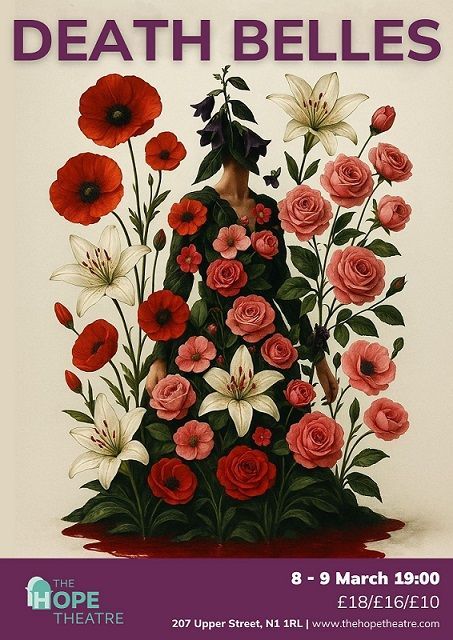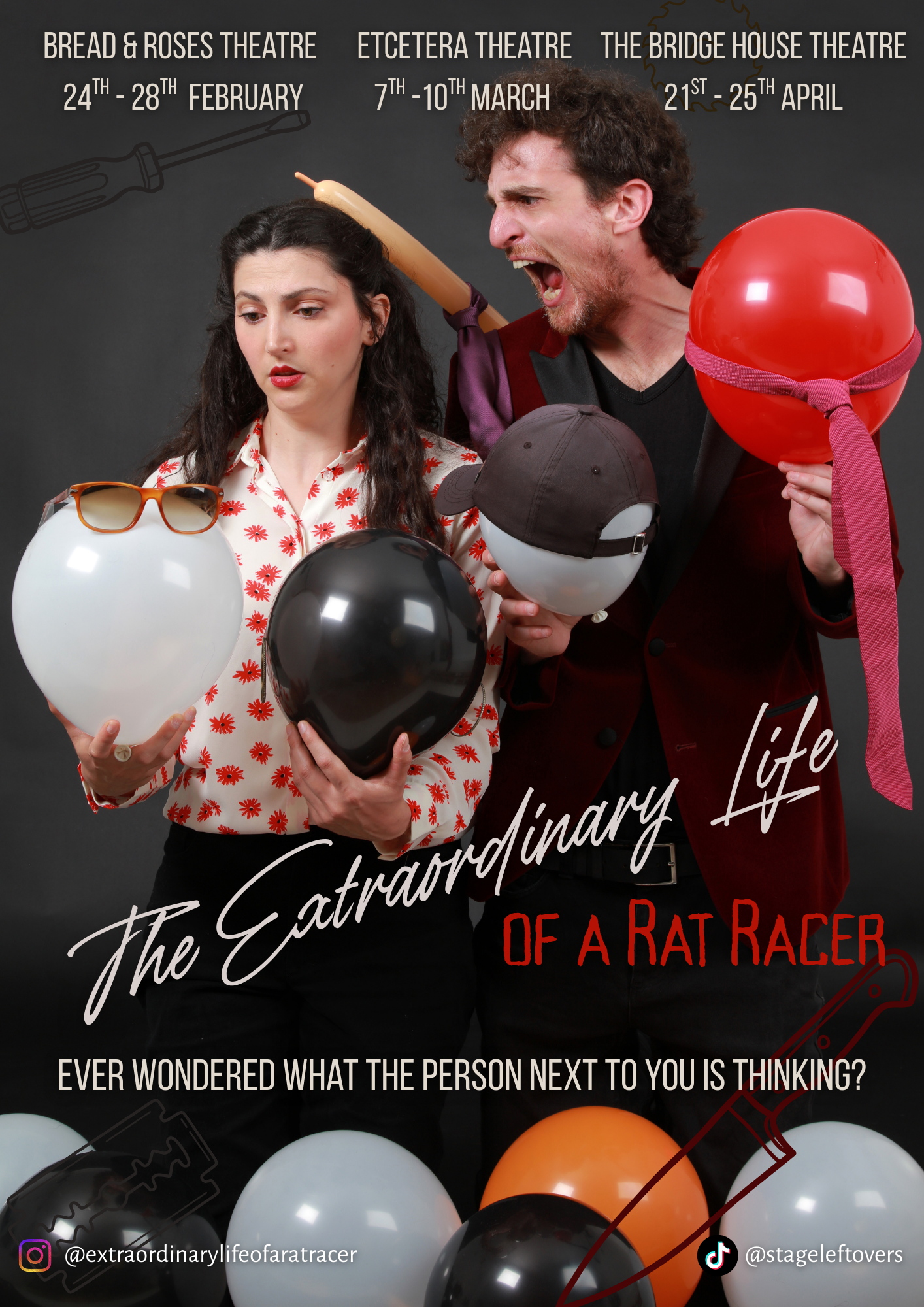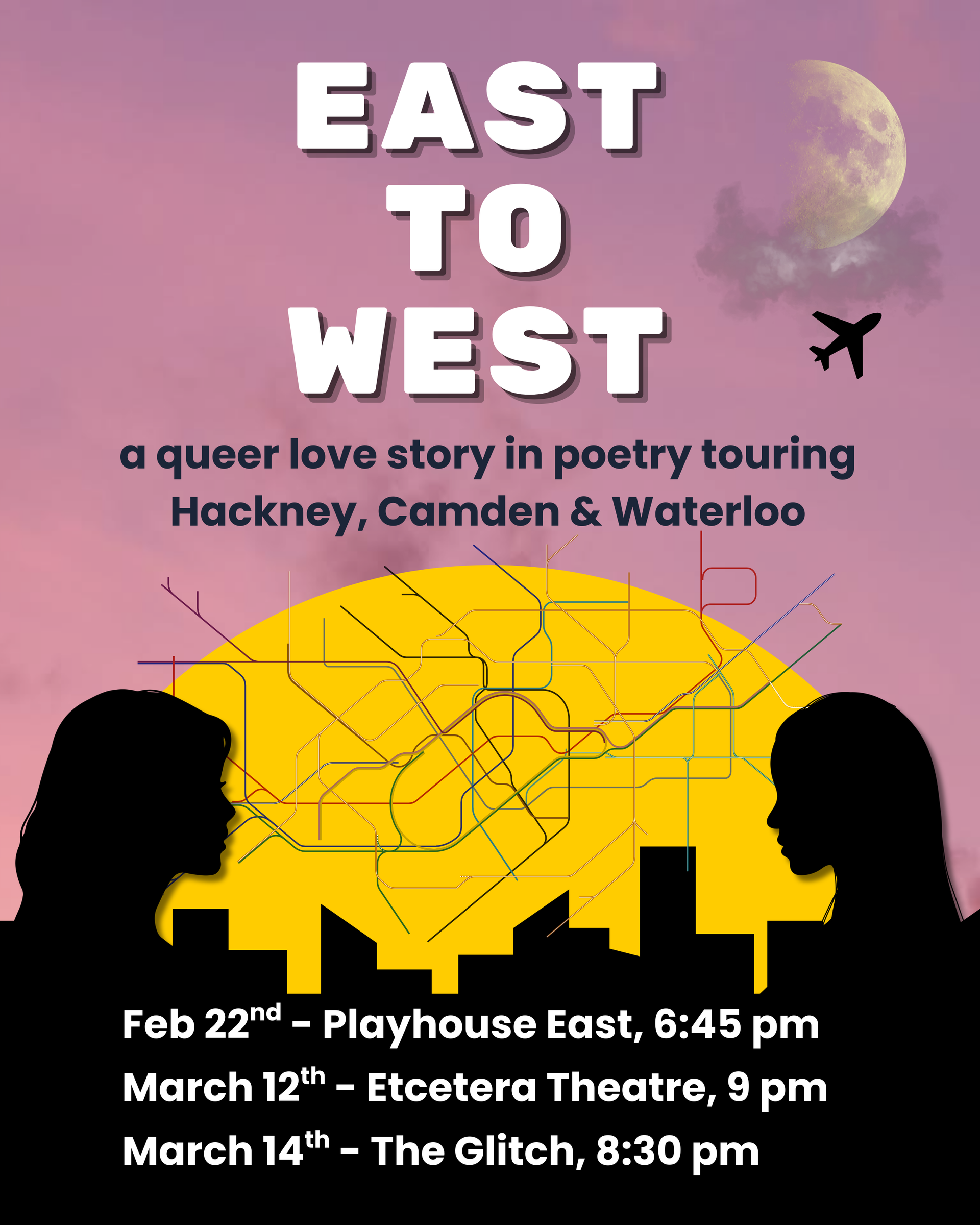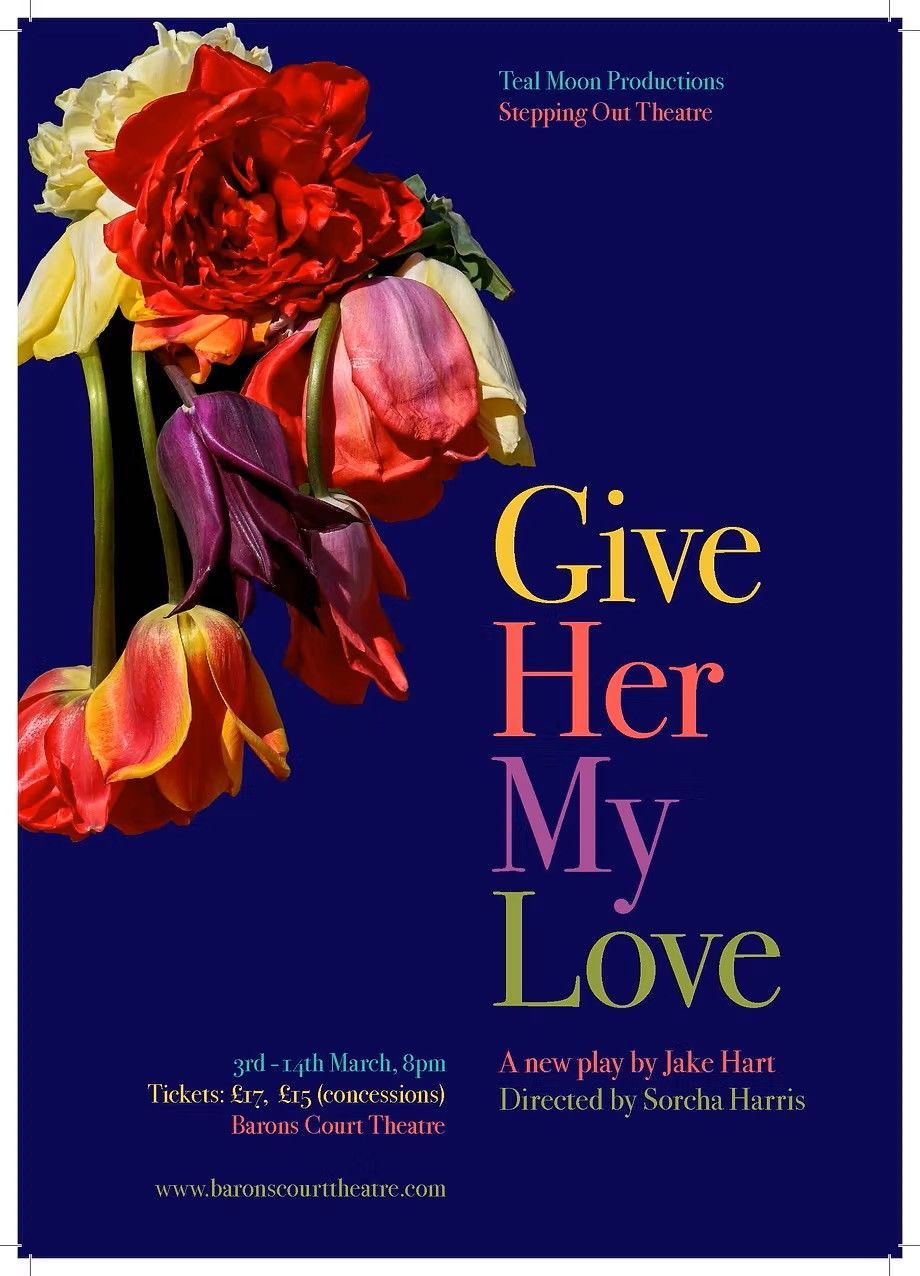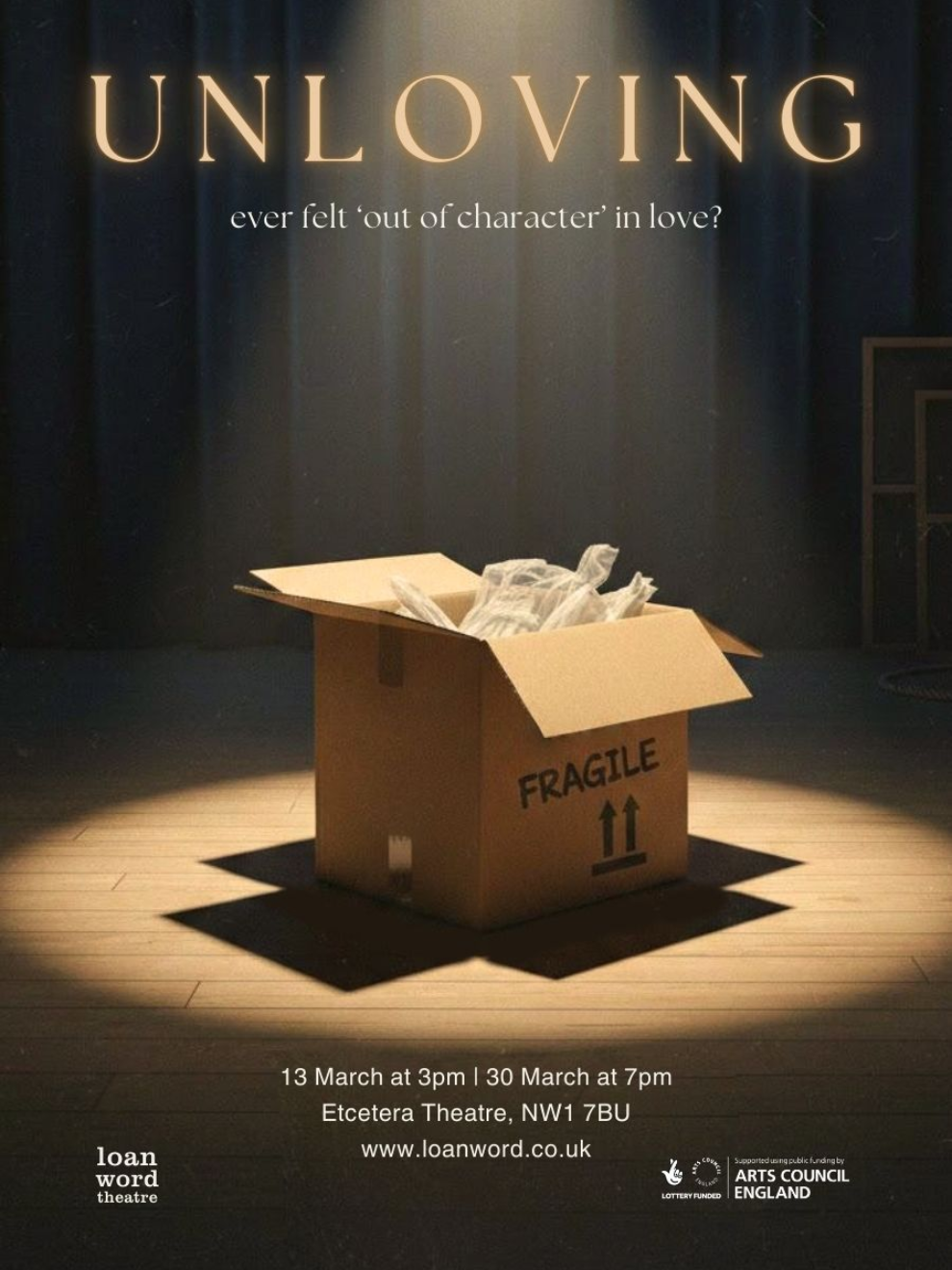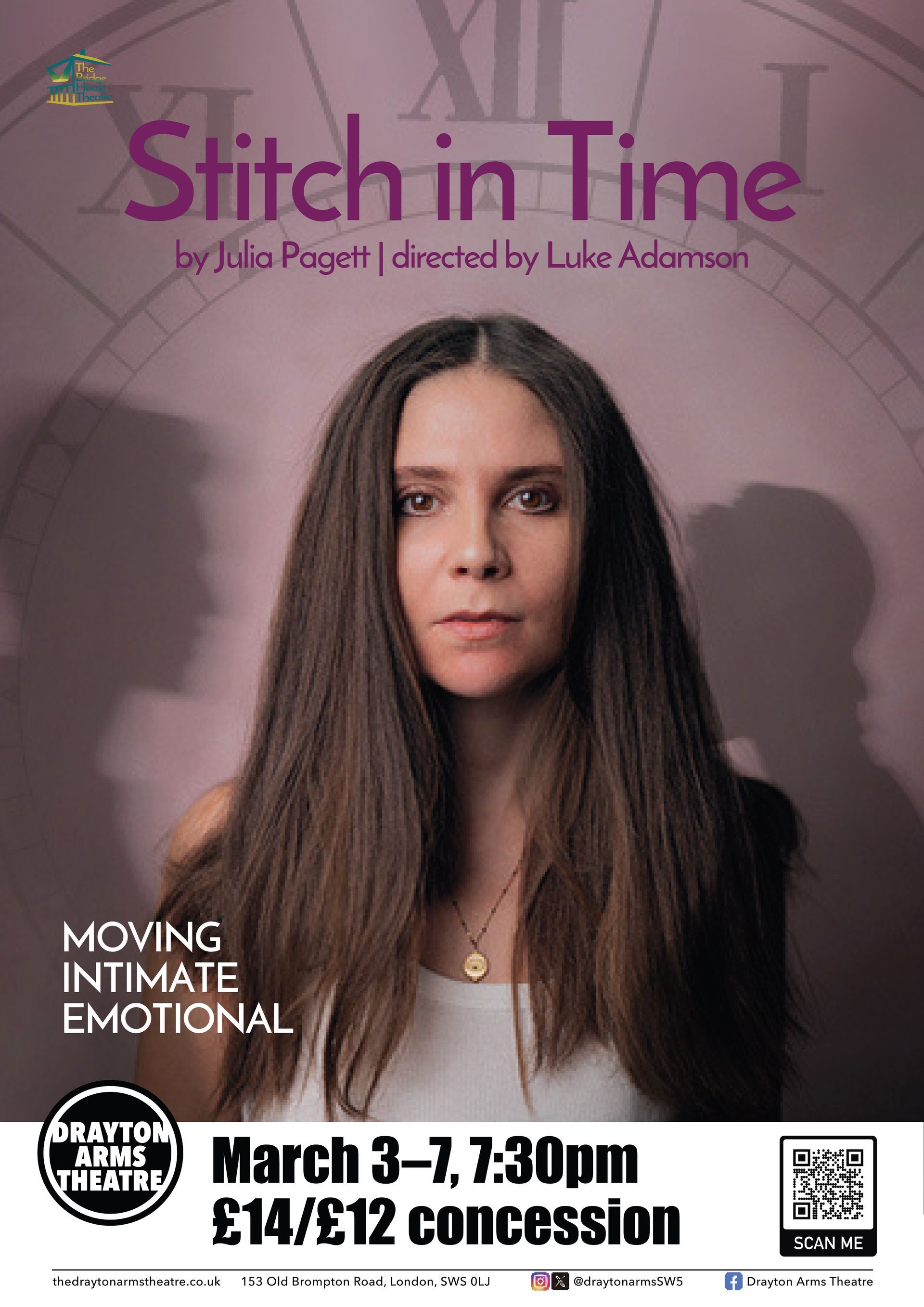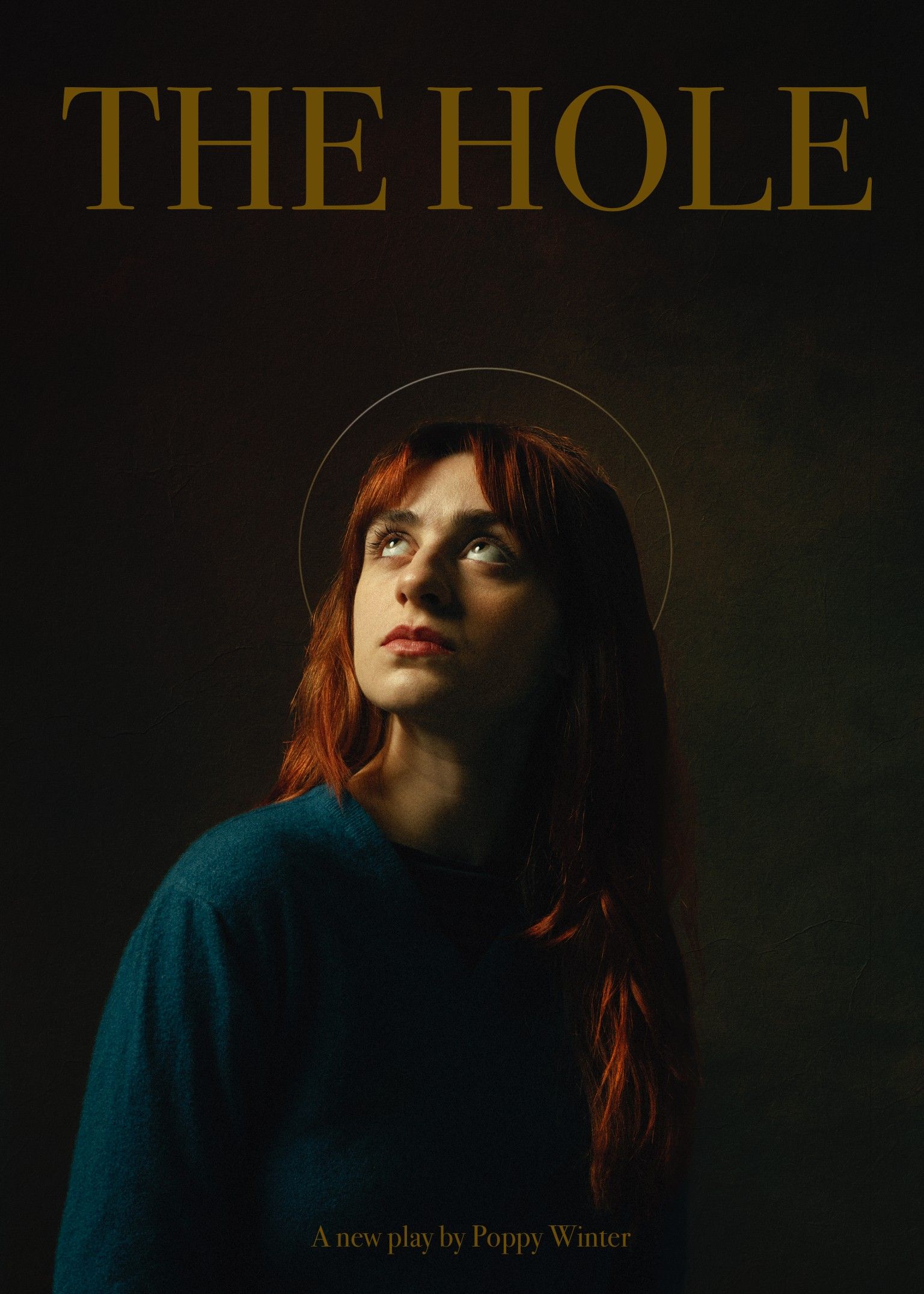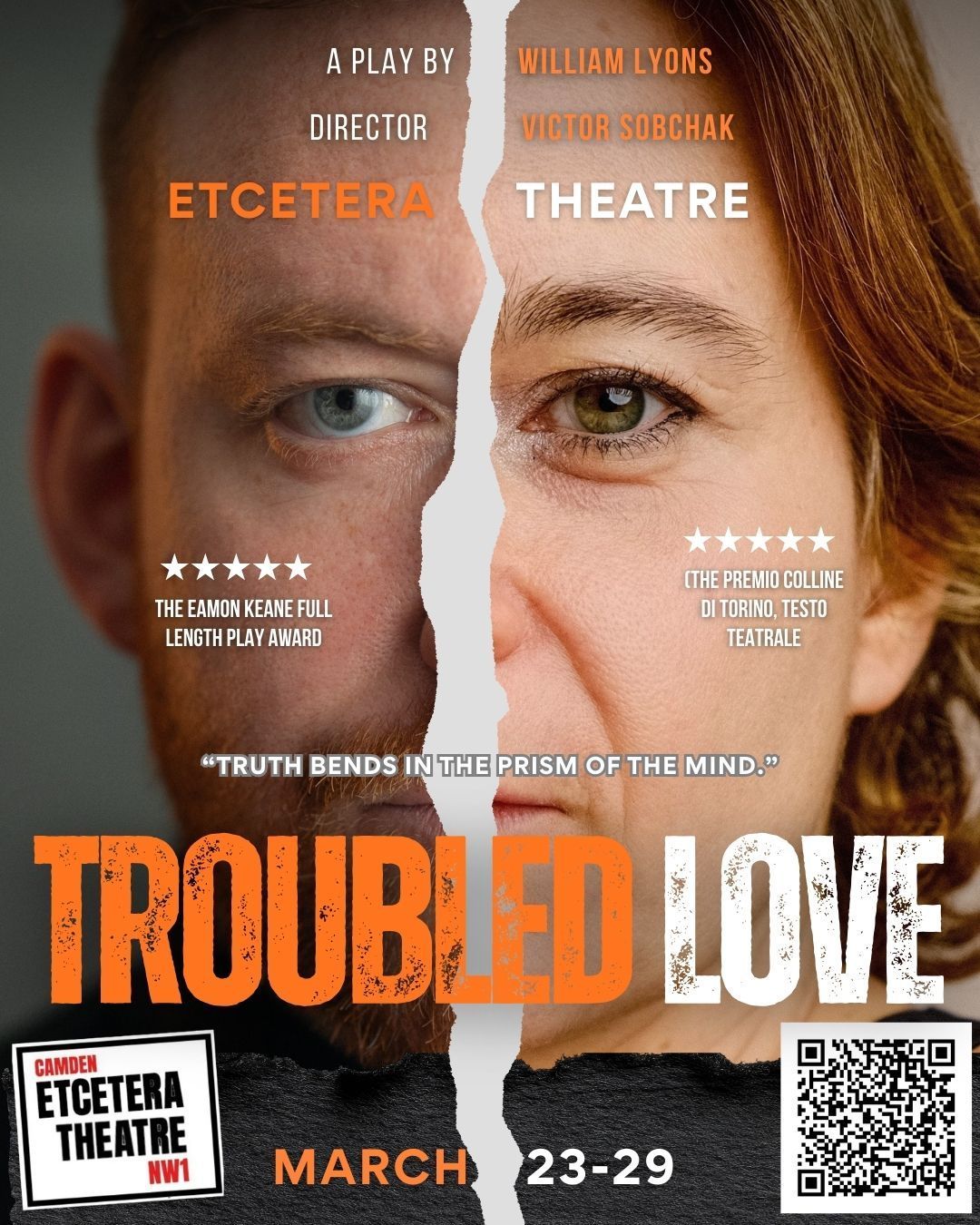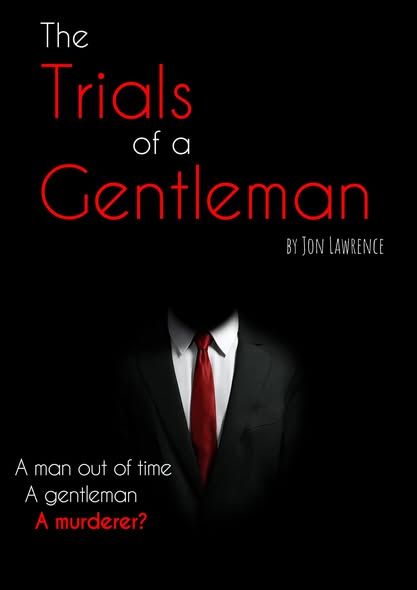Actress and Dramatist Gertrude L Robins (1880 - 1917)
“There’s been an unspoken censorship of female playwrights” says Graham Watts and it’s this disparity that has sparked his interest in putting the record straight. He has directed around 140 professional theatre productions; many of them are ‘found classics’ by female writers. He wants to see these brilliant women of theatre get the recognition they deserve. He has started a rolling ball which has already gathered much interest in seeing more of these plays on a dedicated You Tube channel and in live theatre.
Up until now these dramatists have been ignored. “It’s nearly impossible to get these plays published” says Watts. “I’ve written to 30 odd publishers about THE UNNATURAL TRAGEDY by Margaret Cavendish (1623 – 1673) and no response.” In the past audiences have also been reluctant. “It’s the audience’s perception that plays written by female writers are inferior and people don’t come” admits Watts. Yet, the World Premiere of GARRY by Sophie Treadwell (1885 – 1970), had a 4-star review in The Guardian from Michael Billington (White Bear Theatre 2019) and received an LPT Standing Ovation nomination. Part of the problem is the system which continues to shut out female playwrights.
Cont.
GARRY by Sophie Treadwell, directed by Graham Watts at White Bear Theatre, Kennington 2019 (Ali Wright Photography)
“David Hare could write out his shopping list and they’d give it a production in the Olivier” jokes Watts. “Behind the Beautiful Forevers, a nonfiction book describing a present-day slum of Mumbai, was a prime opportunity to get a young Indian woman to adapt it but it went to David Hare”, explains Watts. “He’s had about 20 plays on at the National - the plays I’ve been doing are a much better quality” he adds with sincerity. Watts admits that plays of this calibre “don’t just come your way”. It takes a lot of research to discover the plays and he’s spent more than a few hours at the British Library and elsewhere chasing them down. “If we could start to put them on and show the quality, we can give these ladies the recognition they deserve,” says Watts. “There has to be a more gender balanced repertoire and all of these plays deserve a place at the table,” he adds.
With perseverance the interest in these lost ladies of theatre has started to awaken. If it had not been for the pandemic, Watts would have completed a trilogy of women’s plays at the White Bear Theatre with the World Premiere of DIRECT ACTION by Githa Sowerby (1876 – 1970), subsequently presented via Zoom. Now Watts is ensuring that the plays have a dedicated platform to become accessible to a world-wide audience. He is making them freely available on a You Tube Channel LOST LADIES (found)
On the You Tube page he encourages others to join the campaign and as a result two plays are in the pipeline. They will be streamed live this month and then made freely available to watch on the You Tube channel. He has already directed Margaret Cavendish’s play THE UNNATURAL TRAGEDY on zoom with an all-Indian cast. Part of the beauty of it is that people can sit and watch the play performed with a cast from Kerala to Calcutta, New Delhi to Mumbai.
He is tremendously excited about the possibilities offered by Zoom. “It’s working brilliantly well in terms of theatre practice and it’s changing our way of thinking.” says Watts. He is rightly proud of the results of his first zoom play and is frankly astonished to discover it is opening up new ways of presenting theatre. One actor was caught in traffic in the back of a taxi in Calcutta and you can hear the background noise which adds a layer of authenticity. On another occasion an actor in Colorado (US) who has new-born twins was able to put the babies down to sleep and work with another actor in Florida for two hours. Watts explains that “Apart from that, she probably wouldn’t have been able to do any kind of acting (in a theatre) for years.”
His interest in lost plays from female writers began when he was asked to direct plays at the British American Drama Academy. “The students came over from all over the States” he explains “most of them a cohort of young females of 19 or 20 and I couldn’t see the point of bringing them from America just to do ordinary plays.” He didn’t want these great female actors playing men, painting on moustaches, so he started to research parts that would work for them. “It was that WTF phrase when I found the plays and I could not believe that they hadn’t been produced” says Watts with some relish.
The plays are not centred around women, although some are about limitations put on women and the pressure to get married. They cover all concerns from political to comedy and are often about social issues. Actress, novelist, and dramatist Elisabeth Inchbald’s play THE MASSACRE is about migrants to an unnamed country. “The local populace turns on them and tries to massacre them” says Watts. “It’s about 200 years old and comes off the page really fresh. Nigel Farage is nothing new….What we’ve found out is just how imaginative these women are” he says. “They don’t form any set pattern because they weren’t produced so they aren’t inside the system. If they were, they would tend to reflect the politics of the male-dominated theatre companies, but they don’t.”
It is hard to imagine why these plays have been overlooked. “It didn’t used to be like that” explains Watts. “Some women did have their plays staged. Two years after the first female actors were permitted, in the early Restoration period, there were all-female casts”. Today all-female casts are deemed radical but Watts found a newspaper article about this trend in the late 1700s. Unfortunately, it did not last. “11 actresses and one man wanted to change the repertoire back then and they came up with a list of plays that they thought would be appropriate for female actors” Watts explains. “They presented it to Mr Sheridan at the Theatre Royal, Drury Lane, but he wasn’t interested.”
Watts is hoping that Zoom is here to stay as a new form of theatre, in the same way that radio has achieved this. “It’s much more flexible than people realise. It’s a powerful weapon. Each actor has an individual camera and can use 2 or 3 devices.” He’d like to see it become part of popular entertainment because it is possible to do things you cannot do on stage or could not afford to do such as filmed extracts or changing the background for every scene. “It’s important to avoid the University Challenge look,” he jokes. Zoom offers all the same thrills as live performance with first night nerves and learning lines.
Watts is particularly conscious of the benefit of these plays to teachers at Universities or Drama Schools. Cavendish’s THE UNNATURAL TRAGEDY has 9 roles for young women and a cast for 13. It would seem to be an ideal play for theatre studies and students everywhere. Texts are available from Watts and he just asks that people acknowledge LOST LADIES (found) and support the work. “Plays are chosen on the basis of their quality. Not because they are written by women; they’re up there because they’re written by extraordinary women” he says.
NOTE: Graham Watts would be pleased to hear from anyone who would like to collaborate, contribute, act, or direct. At the moment participation is entirely voluntarily and unpaid.
He also welcomes plays by women from the past written in their original language. Graham can be contacted via his email address: grahamwatts@supanet.com
Graham Watts was chatting with Heather Jeffery, Editor of London Pub Theatres Magazine
Share
WHAT’S ON LIVE STREAMED
(and afterwards available on You Tube)
MAKESHIFTS (1908) and REALITIES (1912) by Gertrude L Robins
Directed by Graham Watts
Sunday 21 March 7pm
Watch the play on You Tube from 22 March
MAKESHIFTS and REALITIES are two related short plays (30 minutes each) depicting the lives of ordinary working-class English women. About 50 years before "kitchen sink drama" they were hugely popular in their time with over 1,000 performances.
THE NEW YEAR by Florence Henrietta Darwin
Directed by Marina Calderone & Kirstie Davis
Friday 26th March 7.30pm
Watch on You Tube from 27 March
THE NEW YEAR is a folk play, set in rural Gloucestershire in the early 20th Century, and very reminiscent of the work of J. M. Synge.
FLORENCE HENRIETTA DARWIN
Florence was married to Charles Darwin's son. Her aunt was the photographer Julia Margaret Cameron who used her as a model for a number of her portraits including the famous St John the Baptist.
Dates and further projects to be confirmed
WHAT’S ON YOU TUBE
THE UNNATURAL TRAGEDY by Margaret Cavendish
Directed by Graham Watts
Performed by an all-Indian cast
Available to view on You Tube channel
ABOUT GRAHAM WATTS
Graham Watts has directed around 140 professional theatre productions, several short films, has worked in television, and has enormous experience leading workshops and education work. He directed 30 Shakespeare productions (9 outdoors in Alaska) and this formed the basis of his book Shakespeare’s Authentic Performance Texts, published by McFarland. Full bio can be found on his website
